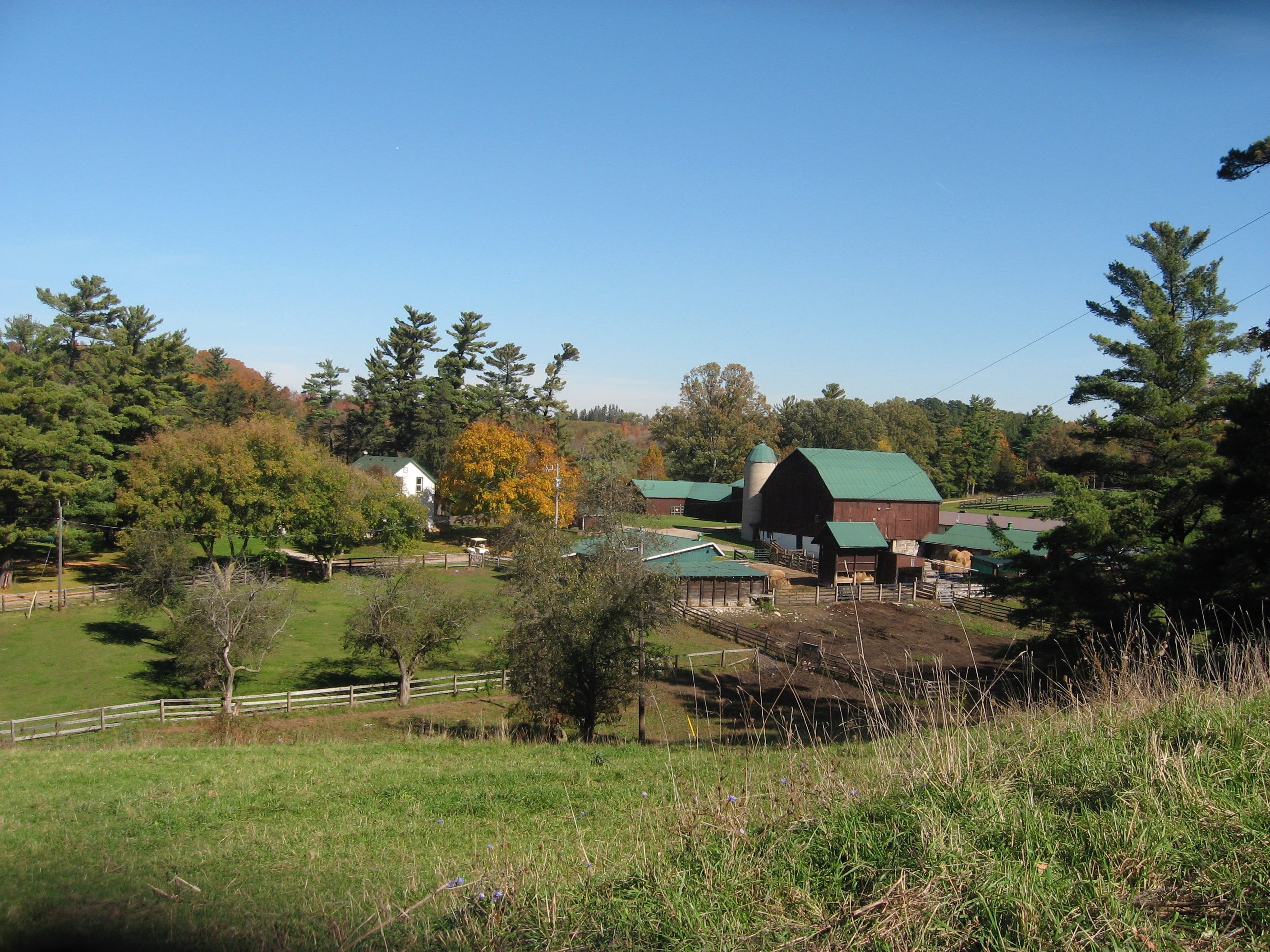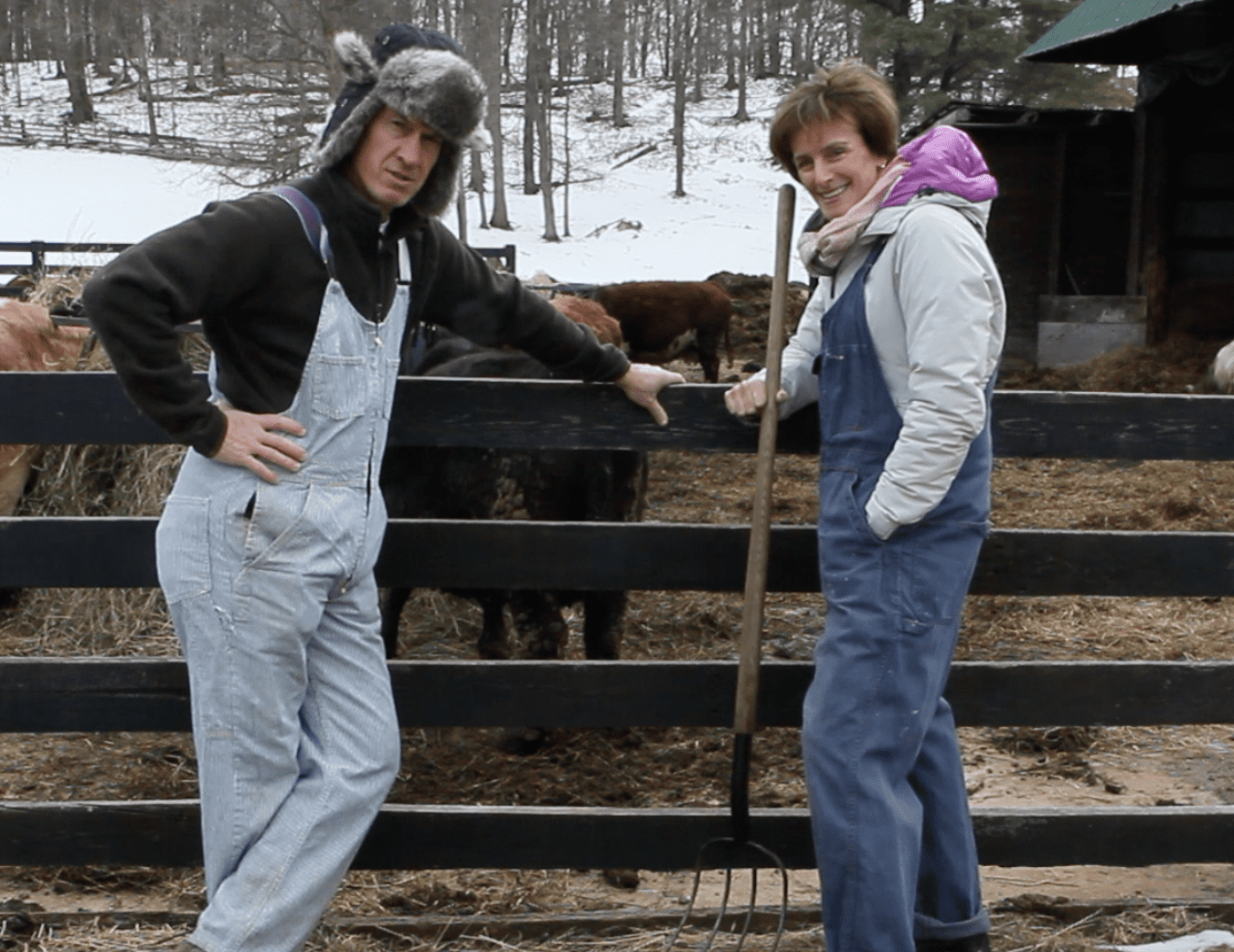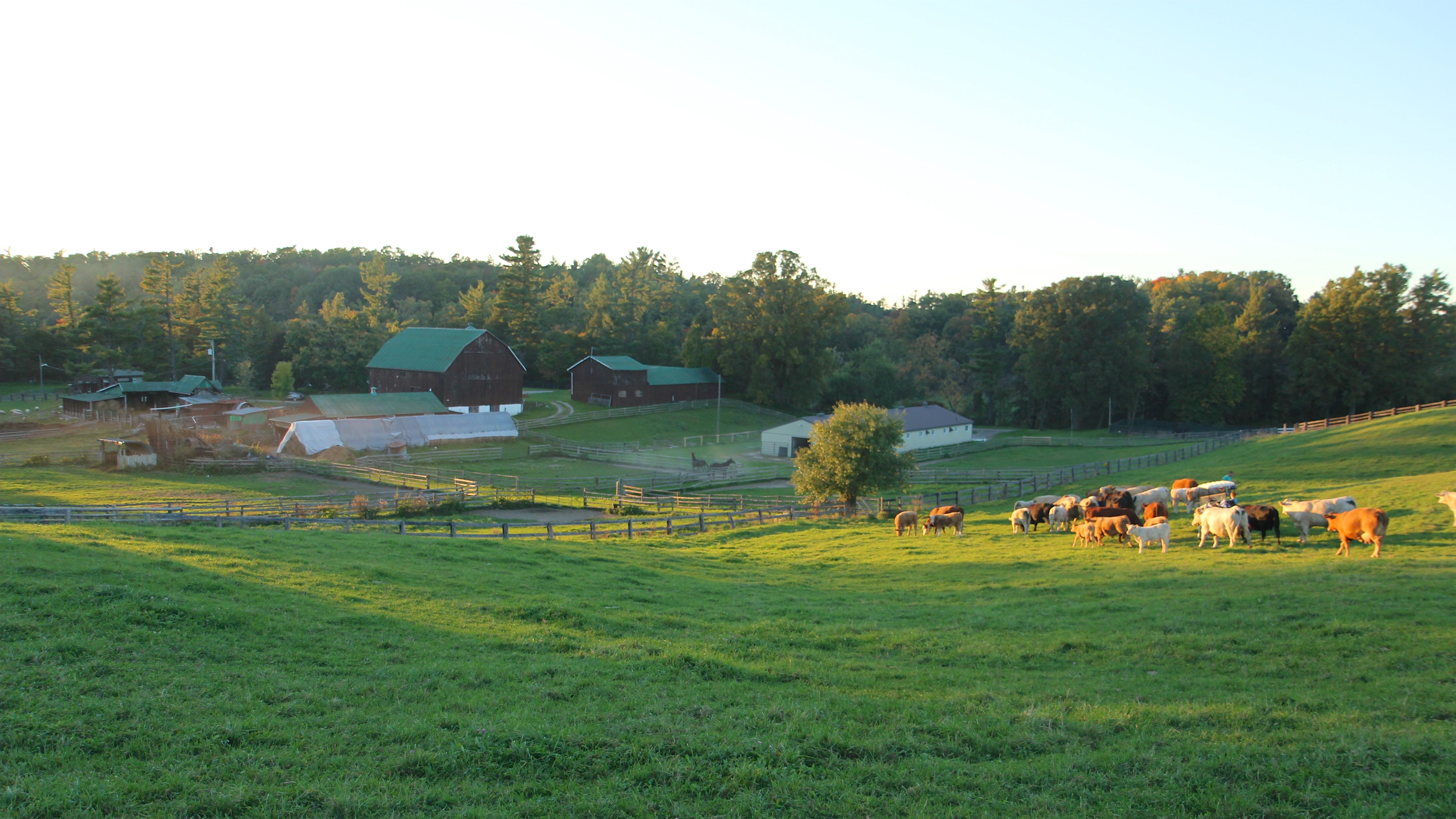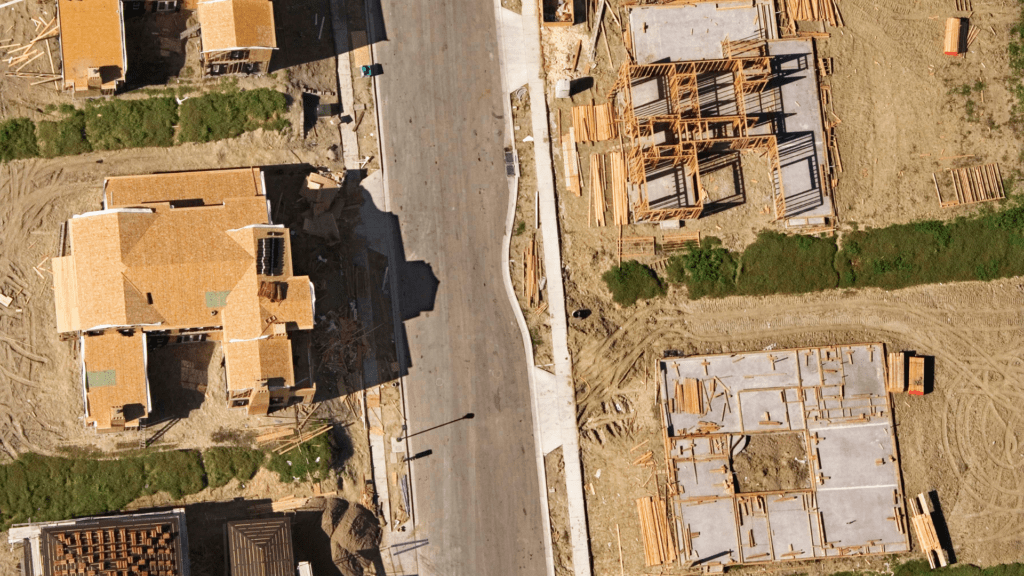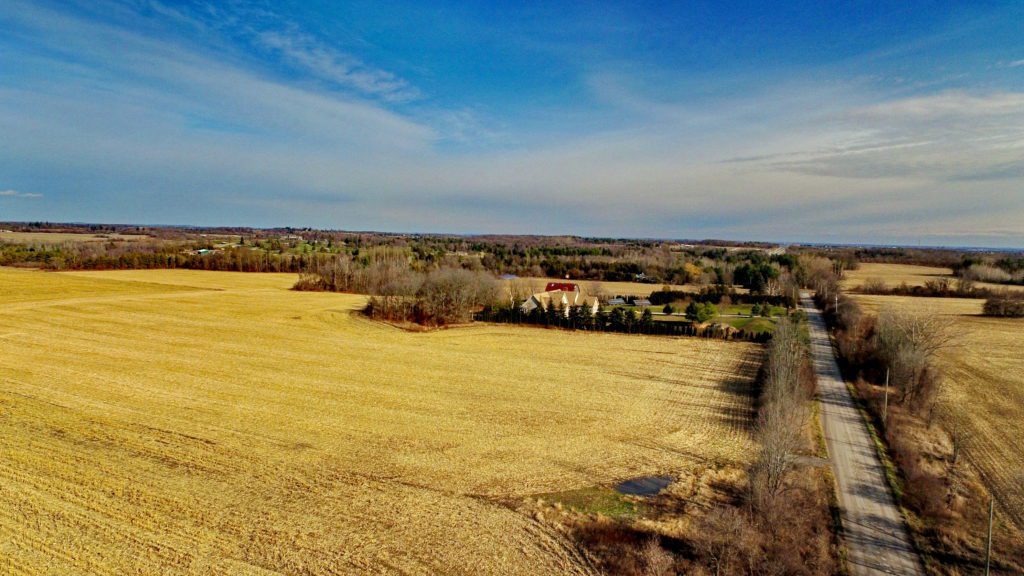

My wife and I live on a heritage cattle/calf farm in Vaughan that my wife’s family has operated for over 85 years. In 2005, we were thrilled when our farm was included in the Greenbelt. We hope the farm will be a viable operation for generations to come. Farmers tend to think long-term.
Unfortunately, I find that many of those responsible for our land-use planning – including the Ontario Municipal Board (OMB) – tend not to take a long-term approach to decision making. This is the fundamental problem facing any efforts to plan for a sustainable future.
As a direct participant in the City of Vaughan land-use planning process with experience in land planning and development approvals – including an OMB hearing, decision and costs awarded against us – I have witnessed that some of our local politicians and OMB panel members seem to be too involved in defending developers’ short-term interests rather than focusing on planning for the long-term.
For example, the OMB granted our request for a buffer of land between our farm and 5,000 new neighbours in a 1,400 home new housing development. This is the first livestock buffer ever awarded by the OMB, to the best of our knowledge. The buffer is needed to protect both the new residents and the livestock from each other so we can all live in harmony over the long-term. But instead of granting the 30 metre buffer our expert agrologist favoured, the Board granted a 4.5 metre buffer between us and new backyards, about the length of a bull. We’re left scratching our heads, what good will that do?
In Ontario, industry is permitted wide buffers of 300 to 1,000 metres to physically separate existing businesses and their noise, dust, odor etc. from new residential neighbours. One problem: Ontario doesn’t define “agriculture” as an industry.
As a result, the decision in our OMB appeal favoured the short-term needs of the developer, putting the future of our farm at risk.
Our agrologist proposed a couple of alternative solutions which involved relocating a stormwater management pond to create a natural buffer. One solution would have cost the developers 17 lots out of a total of 1,392, or a loss of 1.2 per cent of the total. Bear in mind these homes will sell for close to $1 million each, so the whole development is valued at over $1 billion.
The other offer was for the developer and the Toronto Region Conservation Authority to get creative about moving the stormwater management pond, which would have both preserved all 1,392 lots and given the farm a reasonable buffer.
Both proposals were rejected. I thought the OMB was supposed to favour compromise and a solutions-based approach to conflicting land uses.
It is clear that change is needed. It was encouraging to see the provincial government move forward last spring to ban corporate and union donations from municipal campaign financing beginning in 2018. Just as Campaign Fairness exposed a raw and ugly truth in municipal politics and governance, we now turn our attention to the current review of the Ontario Municipal Board.
We see once again that the tables are hugely stacked on the side of developers and unsustainable development. We were outspent 10 to 1 by the developers at the OMB hearing, which greatly impacted our case. The concerns of lifetime residents of communities are being dismissed in favour of short-sighted development – development that does not even conform to the province’s Growth Plan!
The way forward? We need people to rise up, throw open their windows and say “I’m as mad as hell and I’m not going to take this anymore.”
I urge Ontarians to pay attention to get engaged in the provincial review of the OMB. Let the premier and the Minister of Municipal Affairs and Housing know how important it is that this broken system get fixed by signing the petition here.
Ontario needs to show leadership in reforming the OMB. The province has already taken bold action to repair municipal campaign financing. Now it’s time to fix the Ontario Municipal Board and take another important step on the road to reining in out-of-control development.


